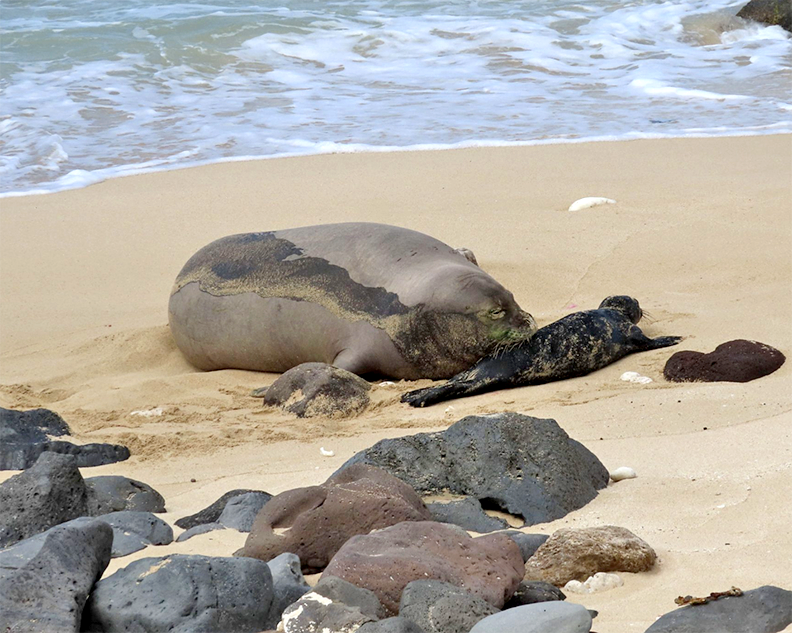By Léo Azambuja

Léo Azambuja
It feels like since last year’s elections, more people than ever have been following national news. But in the midst of this Donald Trump frenzy, we might have missed something quite large happening elsewhere.
While I was sleeping — while all of us were sleeping — four countries in Africa and the Middle East were brewing the worst humanitarian crisis in 45 years, leaving tens of millions on the brink of death by starvation.
And we almost didn’t notice it.
On March 10, Stephen O‘Brien, United Nations under-secretary-general for Humanitarian Affairs, gave the UN’s Security Council a gloomy report of his 16-day visit to Yemen, South Sudan and Somalia, plus the outcome of the Oslo Conference on Nigeria.
“We stand at a critical point in history. Already at the beginning of the year we are facing the largest humanitarian crisis since the creation of the United Nations,” said O‘Brien, adding more than 20 million people across four countries face starvation. “Without collective and coordinated global efforts, people will simply starve to death.”
Civil unrest and drought are the main culprits in this crises that are preventable if the international community steps in to help, according to O’Brien.
In Yemen, more than two-thirds of the population — 18.8 million — need assistance, and more than 7 million are hungry and do not know when the next meal will come from. O’Brien said he saw first-hand the effects of a civil war that has destroyed homes and livelihood, caused hunger and squalid living conditions and destroyed schools, unfinished apartments and wet concrete basements. All the people O’Brien spoke with told him three things; they are hungry, sick and want to return home.
Yet, only six percent of the $2.1 billion the humanitarian community needs to help Yemen has been received so far, according to O’Brien.
In South Sudan, he said, more than 7.5 million people need assistance. More than a million children are estimated to be acutely malnourished across the country, with 270,000 children facing imminent risk of dying should they not receive assistance soon.
In Somalia, more than half of the population — 6.2 million — needs humanitarian and protection assistance, including 2.9 million at risk of dying of famine.
“What I saw and heard during my visit to Somalia was distressing — women and children walk for weeks in search of food and water. They have lost their livestock, water sources have dried up and they have nothing left to survive,” O’Brien said.
In Northeastern Nigeria, 10.7 million people need humanitarian assistance and protection, including 7.1 million who are severely food insecure, he said.
Despite the somber outlook, O’Brien said it’s possible to avert these crises. The UN and humanitarian partners have strategic, coordinated and prioritized plans in every country. They have the right leadership and “heroic, dedicated teams” on the ground. They have been working closely with development partners to marry immediate life-saving with long-term sustainable plans.
But they need the international community and the U.N. Council to respond quickly. And by July, they need $4.4 billion; a number O’Brien said is non-negotiable.
“This is frankly not the time to ask for more detail or use that postponing phrase, what would you prioritize? Every life on the edge of famine and death is equally worth saving,” O’Brien said.
Without a major international response, this dire yet preventable situation will only get worse, he said.
I’m not asking for us to turn away from what’s happening in our nation right now. The level of public interest in government in the last few months has been fantastic, in my opinion. But let’s not allow it to overshadow the world’s worst humanitarian crisis in the last 45 years.
We are part of the world too. We are not alone here. Before being Americans or Nigerians or whatever citizenship we have, we are all human beings.
Hopefully one day, everyone across the world will be able to sleep in peace and well-fed. It’s not a matter of whether we can have a world like this, it’s a matter of whether we want it.
Discover more from ForKauaiOnline
Subscribe to get the latest posts sent to your email.




Leave a Reply